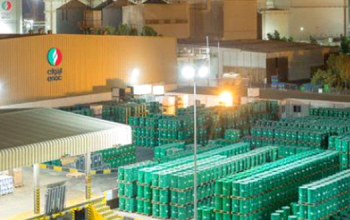Escape rooms have become increasingly popular in recent years as a fun and engaging activity for groups of friends, family, and even co-workers. But beyond just being an entertaining experience, escape rooms also offer a unique opportunity to challenge and improve teamwork skills.
In this article, we’ll take a closer look at how escape rooms can help foster collaboration, communication, problem-solving, and leadership within a team setting.
Communication and collaboration:
In the best escape room in Dubai, clear communication is important. Players must relay information about the puzzles they’ve solved, share clues they’ve found, and offer suggestions when others are stuck. Effective teamwork requires listening actively and articulating ideas clearly to ensure everyone is on the same page. Whether discussing a riddle or coordinating to open a locked box, participants must collaborate efficiently to make progress. Poor communication can lead to confusion and frustration, making the ability to speak and listen effectively one of the most valuable teamwork skills tested in escape rooms.
Problem-solving as a team:
Escape rooms are designed to present players with a series of challenges that require different types of thinking, from logic and observation to pattern recognition. The puzzles may be too complex for a single person to solve, encouraging players to work together. Different team members bring different problem-solving approaches, and the diversity of ideas often leads to creative solutions. Some players may excel at visual puzzles, while others might be skilled in verbal or logical challenges. Combining these strengths allows teams to tackle problems from multiple angles and solve them more effectively.
Role distribution and leadership:
Effective escape room teams typically see natural role distribution. Some players take on leadership roles, offering guidance and direction, while others focus on particular tasks or puzzles that align with their strengths. The ability to delegate tasks efficiently is essential for overcoming challenges in a limited timeframe. Strong teams also allow flexibility, as team members step into leadership positions when necessary and support one another throughout the game. Learning to trust your teammates and adapt to different roles is a key component of teamwork.
Conflict resolution and patience:
With multiple people working in a high-pressure situation, disagreements or frustration can arise. Escape rooms challenge teams to manage conflict effectively, helping participants learn how to steer differences in opinion or approach. Maintaining patience and a positive attitude, especially when a solution isn’t immediately apparent, is essential. The ability to stay calm and keep morale high allows teams to push through challenges without letting tension negatively affect their performance.



